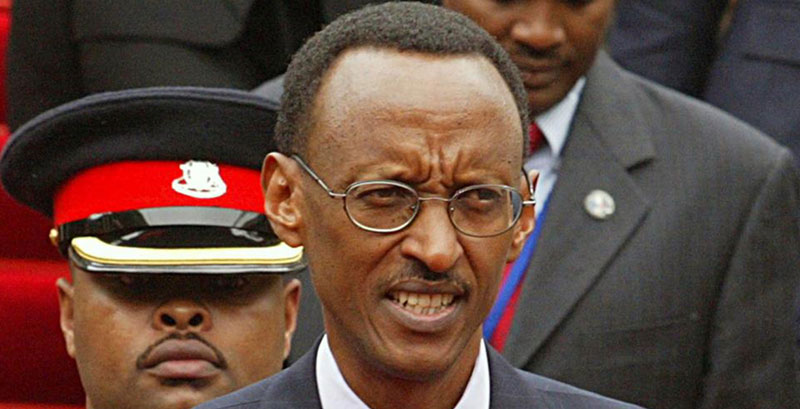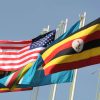Columnists
UK asks: Is Kagame a villain or visional?
It is extremely rare, if not unheard of, for a Western news publication to write an editorial and also a 3,000-word lead story on an African leader. But that is what the prestigious British magazine, The Economist, has done in its last week’s issue on Rwanda’s President, Paul Kagame.
With a not-very flattering picture on its cover of the “hard man of the hills”, the paper has headlined the coverage as: “Rwanda’s Kagame, visionary or villain?”
In a wide-ranging expose, which many Ugandans are aware of, The Economist, traces Kagame’s profile from 1957 when he was born, through his primary education in Nakivale Refugee Camp to where his parents fled with him as refugees.
It says in 1981, Kagame joined a”tiny group of rebels led by Yoweri Museveni”, and in 1986 after overthrowing the Government of Uganda, Kagame became Museveni’s “head of military intelligence”.
Then, he was only 28 years of age; six years later he toppled Juvenal Habyalimana. This is after he flew back from attending a staff officers’ course in the US. Eleven years after, he overthrew Mobutu Ssese Seko of Zaire.
Mobutu’s fall is not often associated with Kagame, but The Economist says that the Rwanda Patriotic Front (RPF) Army found Laurent Kabila as a local front man; and put him in charge of what was considered “Congolese rebels”. “In fact Rwanda provided most of the organization and much of the muscle,” it adds.
For the last 23 years at the helm of Rwanda, Kagame has turned a country that seemed ungovernable to one of Africa’s “best run country,” according to a White foreign businessman. That is through the 1994 genocide in which an estimated 500,000-one million Tutsis and moderate Hutus were killed.
The perception of visionary is maybe from people like former British Prime Minister, Tony Blair, who is one of the roving influential international advisors. It is from Blair that the mark, “visionary leader”, is attributable.
However, people like David Himbara, a former aide, now in exile, regard Kagame as the creator of, “a repressive totalitarian apparatus that controls almost all aspects of national life.”
That national life is a spic-and-span cleanliness and orderliness of the capital, Kigali: there is no litter in the streets and kaveeras are illegal. There are no hawkers, beggars, prostitutes or hangers-on.
However, this is not because they are not there; it is merely because they have been herded off to “‘transit camps’ where they are held without charge and flogged”. Justice Minister Johnson Busingye says the camps are for reforming such deviants.
Rwanda will go to the general elections in two weeks’ time in which Kagame will win. His only “acceptable” opponents: Diane Rwigara, whose father died in a suspicious motor accident after she announced her presidential ambitions; and Frank Habimeza, have been refused to register their candidacy by the electoral commission.
Kagame, himself, should not have been on the ballot because he had completed the constitutionally-mandated terms which should have now ended. However, the all-powerful RPF organized a national “petition” in 2005 that was later endorsed by a 98% “yes” referendum vote for Kagame to stand. Says The Economist, “Kagame can in theory remain president until 2034 when he will be 77.”
That is the function of the all-pervasive RPF, in which Kagame is the chairman, and to which Rwandans fear to complain to, “even in private”. “In the countryside, RPF representatives watch over each unit of ten households…where people are scared to upset local officials.” It is not difficult to discern the reason.
The government runs a much-praised programme of providing cows to the poor rural families. All it needs to get the people in line is just to threaten: “We’ll take away your cows.” And for the people who are employed, all get their jobs under the auspices of the RPF party,
Even business organizations are not spared by this cronyism. RPF runs Crystal Ventures, its investment arm; and has Horizon Group as its offshoot. These business concerns are directly controlled and report to the ministry of Defense; and through this, Kagame dominates the economy.
Behind this all-encompassing control is the fear of genocide. Kagame hopes that with this rigid control, the country will be united under one banner. Indeed, now the accent is to eliminate any reference to the tribes, Hutu or Tutsi; the favour is now to refer to the “tribe” as Rwandan, to which everyone must belong.
Comments














